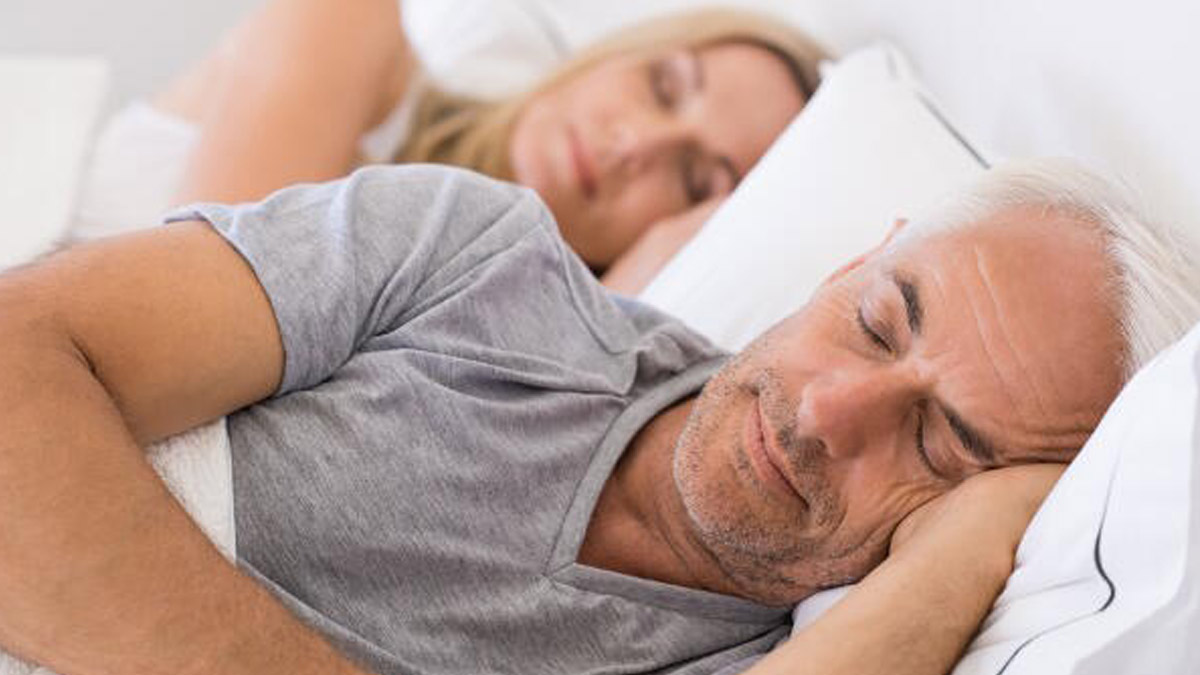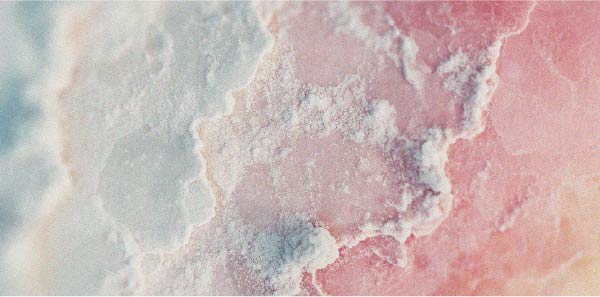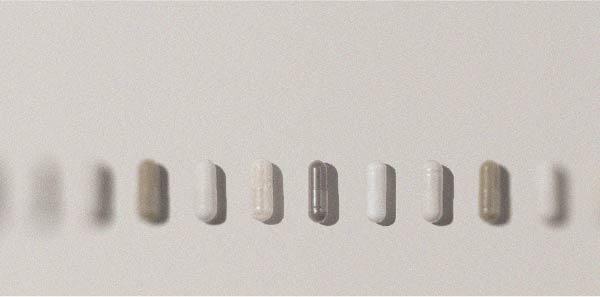How to sleep in hot weather: our six top tips
With the rise in temperature, trying to get a good night’s sleep can feel like tackling an assault course. But don’t despair: here are our six top tips to help you sleep like a baby despite the oppressive heat.

Drink plenty of water
Ever woken up with a parched throat or dry mouth? If so, it’s a sign that you haven’t drunk enough water before going to bed. As well as ensuring the body functions properly, good hydration helps you get to sleep and stay asleep. When you fail to drink enough water, you tend to take longer to fall asleep and to wake up in the night.
In practice: To get good night’s sleep, remember to drink a large glass of water before retiring for the night and keep a bottle of water by your bedside. Contrary to popular belief, you should avoid drinking fluid that’s too cold or too hot. Too great a difference between the ambient temperature and that of your water requires extra effort from the body which may make it harder to fall asleep.
Ventilate and humidify your bedroom
If staying well-hydrated is important, so too is controlling the humidity in your home during periods of hot weather. When the air is too dry, it can encourage the body to become dehydrated and affect sleep quality. Maintaining or creating a humid atmosphere can thus help you to sleep well. Don’t forget to ventilate your home regularly to renew the circulating air.
In practice: Take advantage of the early morning to ventilate your bedroom. To increase humidity, try placing a container of water in the room, or draping damp sheets at the windows. Shower before going to bed, but don’t completely dry yourself. The film of water left on your skin will maintain the refreshing effect of the shower, prevent your body temperature from rising and help you get to sleep more easily.
Choose the best time to go to sleep
We’re often advised to ‘have an early night’ if we want a longer, more restorative sleep. However, this is not necessarily the best advice during periods of hot weather. It can be better to go to bed later when the temperature has dropped as it will be easier to get to sleep and you’re less likely to keep on waking up. It’s better to have a shorter, effective sleep than a longer, interrupted sleep.
In practice: Wait until the temperature is a little cooler before going to bed. Use the free time to relax. To help you get to sleep, you could benefit from the effects of melatonin. Known as the ‘sleep hormone’, it helps regulate our biorhythms.
Stay calm and relaxed
When the weather’s hot, it’s often more difficult to get to sleep which can lead to a state of agitation. As the night progresses, we become more and more stressed and this unfortunately causes our body temperature to rise, making sleep even more elusive. To avoid this vicious circle, we therefore need to control this stress by taking active steps to relax.
In practice: To avoid becoming stressed, try some relaxation exercises or meditation. Don’t, however, engage in too intense a physical activity before going to bed. Certain anti-stress supplements, such as the neurotransmitter GABA, can also help you relax.
Take advantage of sleep-inducing plants
Plants with sedative properties have been shown to be effective even in very hot weather when sleep problems tend to be worse. The best-known of these include camomile, linden and lemon balm, though there are actually dozens of plants with sedative, calming and relaxing properties. For effective relief against heat-related sleep problems, combining a number of plants can be a good idea. For example, studies have confirmed the efficacy of a valerian/hop combination for treating occasional sleep problems.
In practice: Discover the surprising power of sedative plants. They can either be taken as infusions or as dietary supplements. Developed to both reduce the time it takes to fall asleep and improve sleep quality, the formulation Natural Sleep Formula contains several plants including valerian, hop and rhodiola.
Eat a light, healthy dinner
Who hasn’t woken up feeling tired after a heavy meal the night before? A high-calorie intake at dinner prevents the stomach from settling for several hours. By remaining active for part of the night, the body is unable to rest properly. In addition, the process of digestion tends to increase body temperature which can make it harder to fall asleep. That’s why it’s better to have a light meal at dinnertime in order to achieve good, restorative sleep.
In practice: When the weather’s hot, it’s particularly important to avoid alcohol and restrict consumption of high-calorie foods. ‘Eat light’ by prioritising foods such as fruit, vegetables, fish and white meat.
Keywords
5 Days
great products and prices
great products and prices
Marie
11 Days
Easy to navigate site
Easy to navigate site, had what I was searching for, good price. easy order-check out
James Tucker
17 Days
My skin is clearing up nicely!
Pretty good for my skin so far.
Christian
19 Days
The new packaging is excellent
The new packaging is excellent - finally! No more squashed boxes and torn envelopes.
GORAN
20 Days
Great Product
Great Product
Larry Garrett
24 Days
Quick shipping
Quick shipping; good price. No issues!
Mary McCarty
26 Days
Thr product is very good and is helping…
Thr product is very good and is helping me on my health. Then is always on time
LUGO Luz
28 Days
Buying was fine
Buying was fine. I had problems with the website not recognizing my login info, and had to call to get it fixed. Other than that, everything was good.
David S. Clark
29 Days
Your super maca and super ginseng are…phenomenal
Your super maca and super ginseng are phenomenal supplements that compliment each other when taking them together. Fantastic feeling of well-being and lots of mid day energy without the crash.
Keith Mason
31 Days
I have had amazing results with every…
I have had amazing results with every supplement I've purchased. I am extremely satisfied with this company
kirstin Torres
32 Days
Fine products
Fine products . They are on the leading edge of online supplements. The only issue -so far-is they sometime run out of subscription items.
Jason Argos
34 Days
The ordering process is very user…
The ordering process is very user friendly and the products always come in a timely manner.
CARTER Rhonda
35 Days
The price for Dr
The price for Dr. Pero's AC-11 is reasonable and in line with his views. (my former colleague). Keep it pure.
CAMPBELL Clayton
38 Days
Right on every time.
Right on every time.
Arthur Nicholas
41 Days
They are cheaper than everyone else and…
They are cheaper than everyone else and the shipping was fast. Great company.
Patricia Adams




